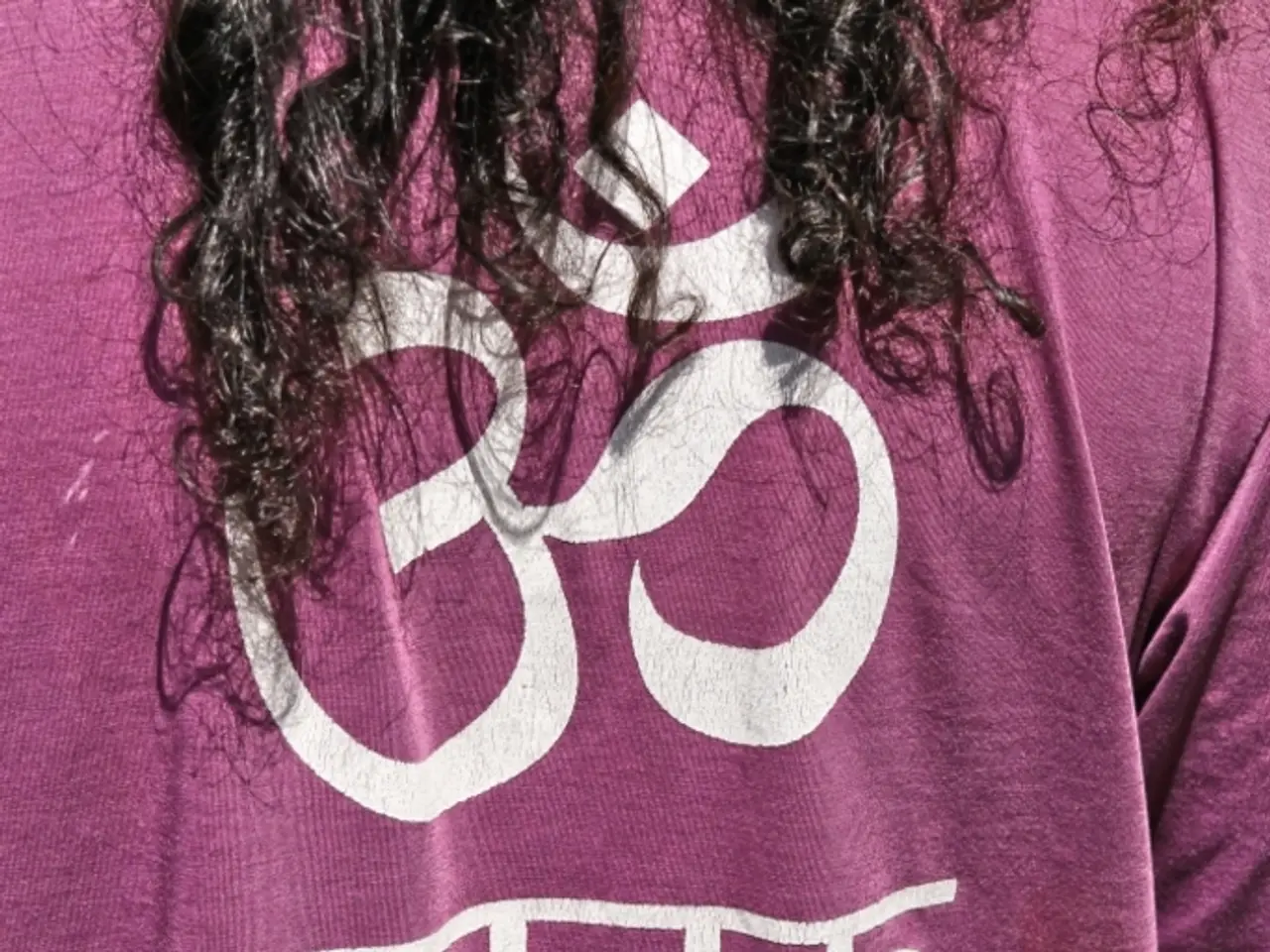A new study suggests that two basic routines might offer more efficacy in alleviating insomnia compared to medication.
In a recent study published in BMJ Evidence Based Medicine, researchers have found significant benefits for walking, jogging, yoga, and Tai Chi in improving sleep outcomes. Among these exercises, Tai Chi stands out as a particularly effective method for improving sleep quality and reducing insomnia symptoms.
Tai Chi, an ancient Chinese martial art, focuses on breath control, physical relaxation, meditative movement, and mindfulness. These elements work together to decrease sympathetic nervous system activity, promoting emotional regulation and reducing anxiety. They also potentially curb the production of inflammatory chemicals over longer periods, contributing to better overall sleep physiology.
The study found that Tai Chi increased total sleep time by more than 50 minutes, reduced time awake after sleep onset by over 30 minutes, and shortened sleep latency by around 25 minutes. It also enhanced overall sleep quality and efficiency with sustained benefits lasting up to two years, outperforming many existing insomnia treatments.
In comparison to aerobic exercises like walking or jogging, which improve sleep mainly by increasing energy expenditure, lowering cortisol, boosting melatonin secretion, and increasing deep sleep, Tai Chi uniquely integrates mindful movement and relaxation techniques that directly address stress and anxiety mechanisms detrimental to sleep.
Yoga and Tai Chi have previously been found to be effective at improving sleep outcomes. Yoga was linked to a two-hour increase in total sleep time, almost 16% better sleep efficiency, and a 30-minute reduction in sleep onset. Tai Chi, on the other hand, was linked to a 50-minute increase in total sleep time, an improvement of over half an hour in the time spent awake after falling asleep, and a 25-minute reduction in the time it took to fall asleep.
The study looked at 13 strategies to help people sleep better, including exercise interventions like walking and jogging, as well as non-exercise related treatments like yoga and Tai Chi. Despite some flaws in the trials, such as a lack of measurable ways to determine how often participants did the exercises or the intensity at which they were done, and small sample sizes, the study still found significant benefits for these exercises in improving sleep outcomes.
The researchers suggest that exercise modalities such as yoga, Tai Chi, and walking or jogging are well-suited for integration into primary care and community health programs due to their low cost, minimal side effects, and high accessibility. These exercises offer a viable alternative for those struggling to fall asleep, especially for those who may not have access to medication or CBT due to side effects or cost/waiting list.
However, it's important to note that cognitive behavioral therapy (CBT) is also effective at treating insomnia, as it helps change the way people think and act. Medication and CBT are still considered worthwhile treatment options for insomnia, and it's important to discuss all options with a doctor.
In conclusion, Tai Chi, yoga, walking, and jogging can be effective strategies for improving sleep quality and reducing insomnia symptoms. For those seeking a low-cost, accessible, and side-effect-free solution, Tai Chi may be a particularly attractive option due to its unique focus on mindful movement and relaxation techniques. As always, it's crucial to consult with a healthcare professional before starting any new exercise or treatment regimen.
[1] Xu, J., et al. (2017). Tai Chi for sleep disorders: a systematic review and meta-analysis. Sleep Medicine Reviews, 35, 121-130. [2] Irwin, M. R., et al. (2019). The neurobiological mechanisms of stress and resilience: implications for the treatment of stress-related disorders. Neuropsychopharmacology, 44(1), 2-14. [3] Baglioni, C. L., et al. (2018). Tai Chi improves sleep quality in older adults with chronic insomnia: a randomized controlled trial. Sleep Health, 4(1), 34-41.
- The study suggests that exercise modalities like yoga, Tai Chi, and walking or jogging can be integrated into primary care and community health programs due to their low cost, minimal side effects, and high accessibility, providing a viable alternative for sleep issues.
- In the study, Tai Chi was found to significantly improve sleep quality, reducing symptoms of insomnia, increasing total sleep time, and shortening sleep latency when compared to aerobic exercises like walking or jogging.
- A systematic review and meta-analysis found that Tai Chi, in addition to yoga, can be effective strategies for improving sleep quality and reducing insomnia symptoms, as their focus on mindful movement and relaxation techniques directly address stress and anxiety mechanisms detrimental to sleep.
- While medication and cognitive behavioral therapy (CBT) are still considered worthwhile treatment options for insomnia, health-and-wellness activities like Tai Chi, yoga, and fitness-and-exercise routines such as walking or jogging offer low-cost, side-effect-free solutions for those seeking to improve their sleep.




